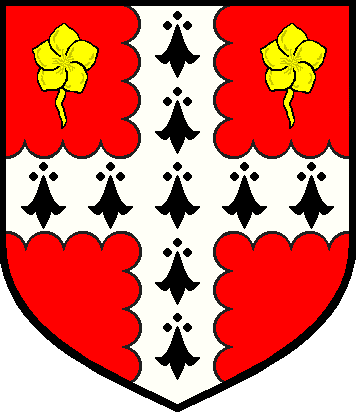|
NGS STANDARDS
The National
Genealogical Society (NGS) promulgated a set of "Standards for Sound
Genealogical Research" in their March 1998 issue (Volume 86, Number 1, Page
50). By permission granted by the NGS, these standards are presented
below.
Standards for Sound Genealogical
Research
Recommended by the National Genealogical Society
Remembering always
that they are engaged in a quest for truth, family history researchers
consistently:
 |
Record the source for each item of information they collect.
|
 |
Test every hypothesis or theory against credible evidence
and reject those
that are not supported by the evidence.
|
 |
Seek original records, or reproduced images of them when
there is
reasonable assurance that they have not been altered, as the basis for their
research conclusions.
|
 |
Use compilations, communications, and published works,
whether paper or
electronic, primarily for their value as guides to locating the original
records.
|
 |
State something as a fact only when it is supported by
convincing evidence
and identify the evidence when communicating a fact to others.
|
 |
Limit with words like "probable" or
"possible" any statement that is based
on less than convincing evidence and state the reasons for concluding that
it is probable or possible.
|
 |
Avoid misleading other researchers by either intentionally
or carelessly
distributing or publishing inaccurate information.
|
 |
State carefully and honestly the results of their own
research and
acknowledge all use of other researchers' work.
|
 |
Recognize the collegial nature of genealogical research by
making their
work available to others through publication, or by placing copies in
appropriate libraries or repositories, and by welcoming critical comment.
|
 |
Consider with open minds new evidence or the comments of
others on their
work and the conclusions they have reached.
|
Copyright 1997 by
the National Genealogical Society. Permission is granted to copy or publish this
material, provided it is reproduced in its entirety, including this notice.

|

